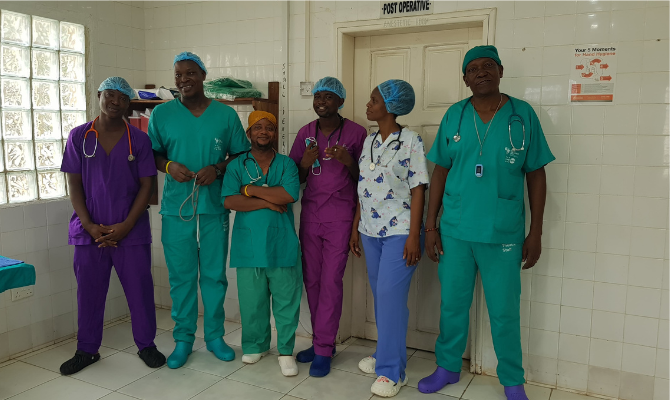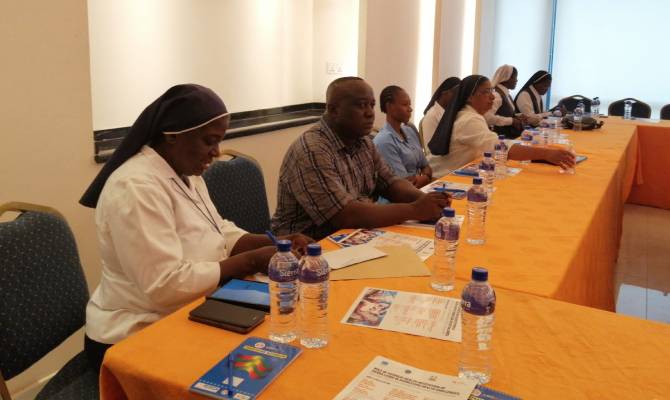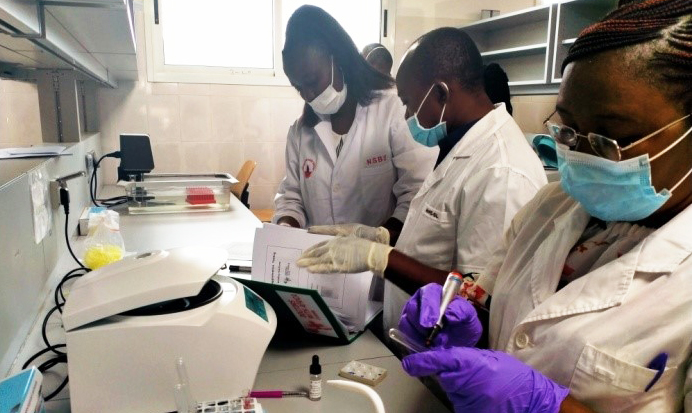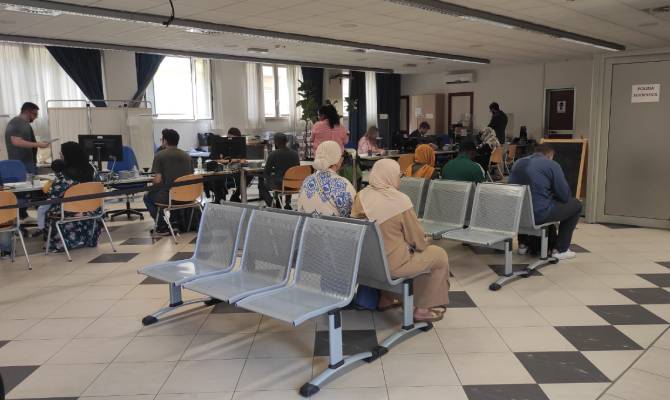An innovative project in Sierra Leone aims to fill a major gap in the national health system: the training of qualified professionals essential for ensuring quality care. The S.K.I.L.L.E.D. project, promoted by Doctors with Africa CUAMM in collaboration with the Italian Agency for Development Cooperation, involves the University of Makeni (UniMak)—one of the country’s most respected institutions—and the University of Bologna as direct partners, along with the Department of Anesthesia and Intensive Care at Connaught Hospital, Saint Mary’s Home of Charity, and the Joseph Berton Technical and Vocational Institute. A joint effort to pave the way for long-lasting training model that aims to bring concrete change.
“For the country, this direct collaboration between universities, the Ministry of Health, and the Ministry of Labour is a major innovation, with the goal of developing an offer that responds to the demand for specialized health-sector profiles,” explains Maria Valla, CUAMM’s Project Manager. “We have done this in other countries before, but here it represents a significant step because it allows us to build solid skills that are nationally recognized.”
The University of Bologna will contribute to the creation of a degree program for biomedical technicians—a professional figure that currently does not exist at all in Sierra Leone, where the maintenance of medical equipment is often entrusted to technicians without specific training.
“The goal,” Maria explains, “is to create a program that combines engineering and medical knowledge, and that can be replicated in other universities as well.”
The project has been designed and developed in collaboration with the national Ministry of Health to identify the most urgent professional gaps. It includes six training programs, some of which are the first and only one available in the country: Radiology Technician and Autoclave Technician, specializing in the sterilization of surgical instruments.
In addition, existing programs will be strengthened including laboratory technicians, health data analysts (to improve digitalization), physiotherapists, and community health officers—an intermediate role between doctor and nurse.
Over the next three years, an overall number of 240 students will benefit from the courses. To ensure fair access to the program, scholarships will be offered to young disadvantaged candidates.
In October, Professor Stefano Severi from the University of Bologna visited the University of Makeni to study the individual curricula in detail and better understand the needs the project aims to address.
“The interest shown by our academic partners, particularly Professor Severi from the University of Bologna, has been remarkable,” Maria concludes. “They understood the urgency of responding to the real needs of the health system and UniMak’s determination to contribute to meaningful change.”





